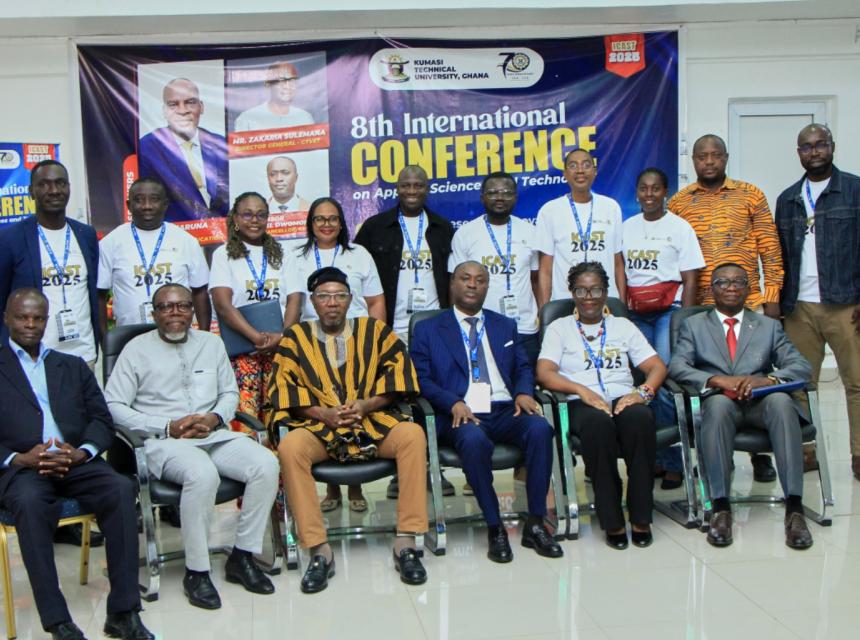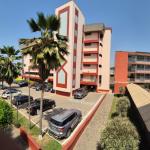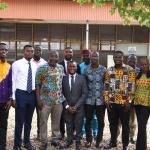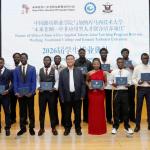KsTU Hosts 8th International Conference on Applied Sciences and Technology (ICAST 2025)
Picture : The Vice-Chancellor (seated 3rd from right) with the Dep. Minister of Education (seated 3rd from left) in a group photograph with the invited guests and the LOC of ICAST 2025
In a remarkable display of academic and industrial synergy, Kumasi Technical University (KsTU), hosted the 8th International Conference on Applied Sciences and Technology (ICAST 2025), a premier knowledge-sharing platform that brought together academics, researchers, policymakers, and industry experts from across the globe. The two-day conference, held on Wednesday, July 16, and Thursday, July 17, 2025, took place at the Sunset Hotel in Kumasi and was streamed virtually to accommodate global participants.
Held under the theme: “Promoting Research, Innovation and Industrial Partnership for Sustainable Development,” the event aimed to bridge the often-cited gap between academia and industry by creating a platform for collaboration, dialogue, and mutual growth. The 2025 edition of ICAST marked a significant milestone in the university’s 70th Anniversary celebration, reaffirming KsTU’s growing reputation as a hub for applied research and innovation in Ghana and beyond.
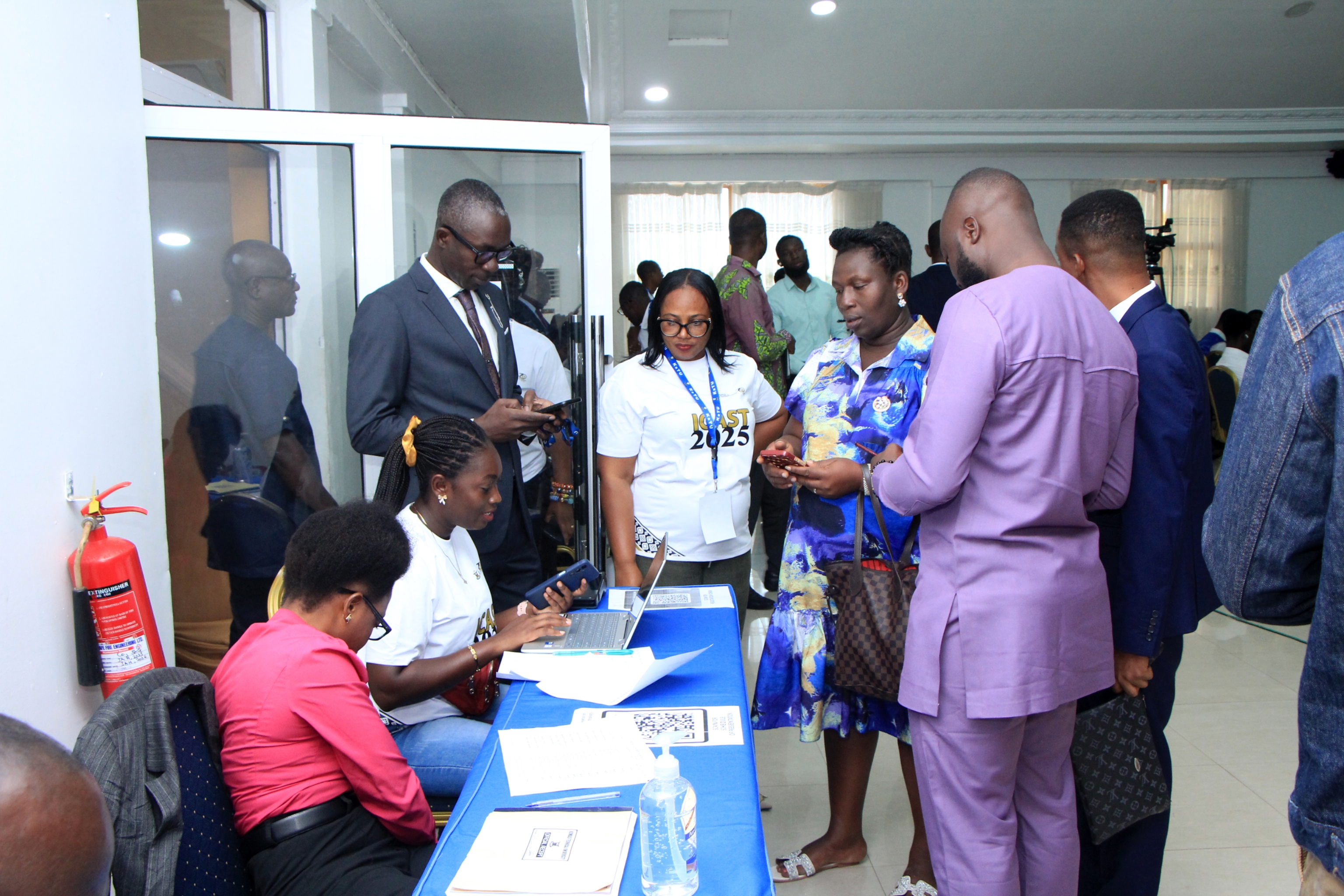
Opening the conference, Professor Gabriel Dwomoh, Vice-Chancellor of Kumasi Technical University, delivered a compelling welcome address that set the tone for the event. He reiterated the University’s commitment to equipping the Ghanaian youth with relevant skills rooted in technical and vocational education, which he described as a cornerstone for sustainable development.
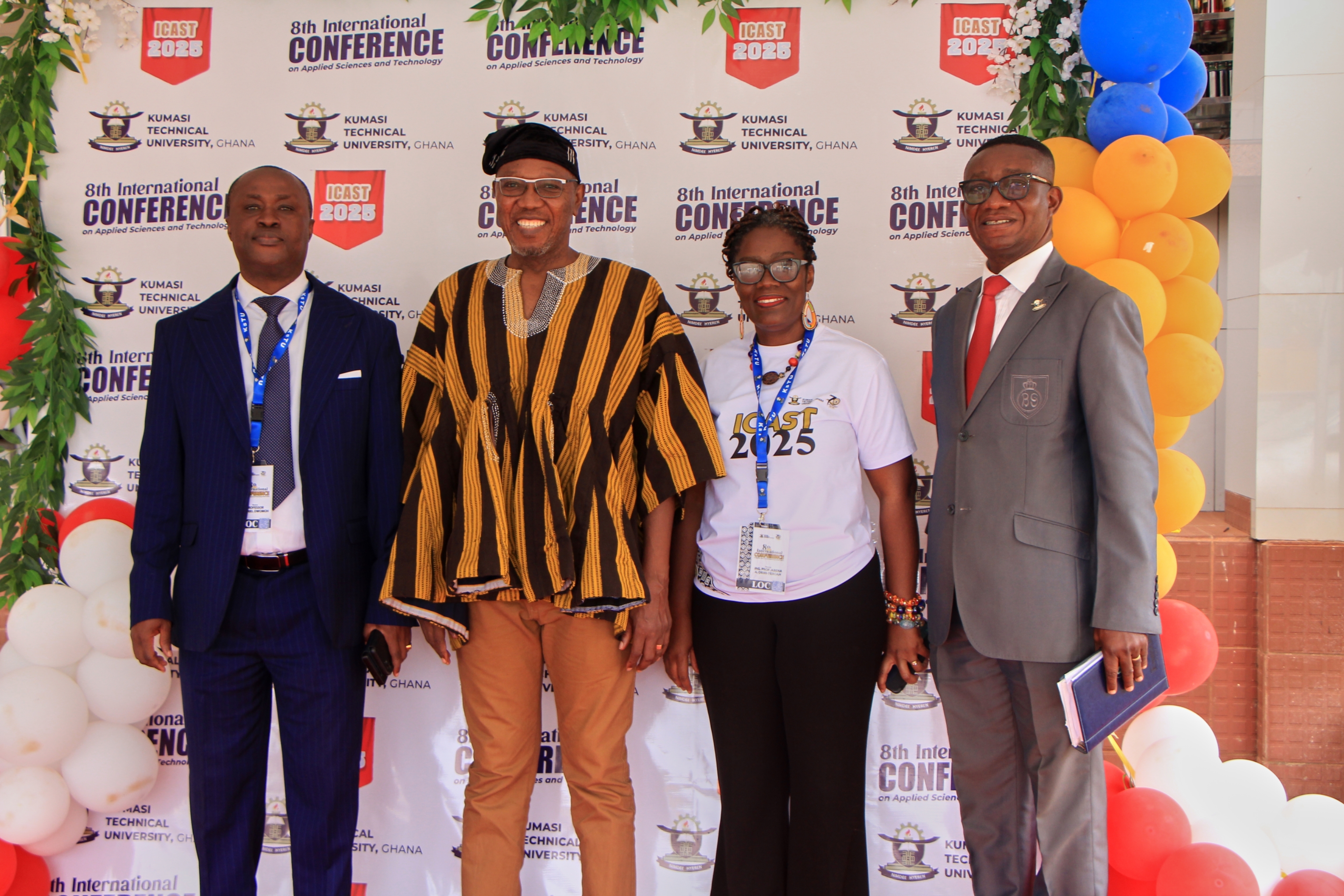
Prof. Dwomoh stated that as a technical university, we are not only mandated to teach and research, butwe are also obligated to provide real-time, practical solutions to the needs of industry and society.. He further explained that the University’s commitment to these partnerships is evident in its collaborations, internships, and the inclusion of industry experts in teaching and learning at the university. The goal is to foster a symbiotic relationship between academia and industry, ensuring that together we contribute meaningfully to national development.”
The keynote address was delivered by Dr. Clement Abass Apak, Deputy Minister of Education, who stood in for the Minister of Education, Hon. Haruna Iddrisu. In his speech, Dr. Apak highlighted the Government’s commitment to strengthening the research ecosystem in Ghana. He announced a significant financial intervention a GHS 50 million allocation to the Ghana National Research Fund as part of a broader strategy to promote impactful, needs-based research across disciplines.
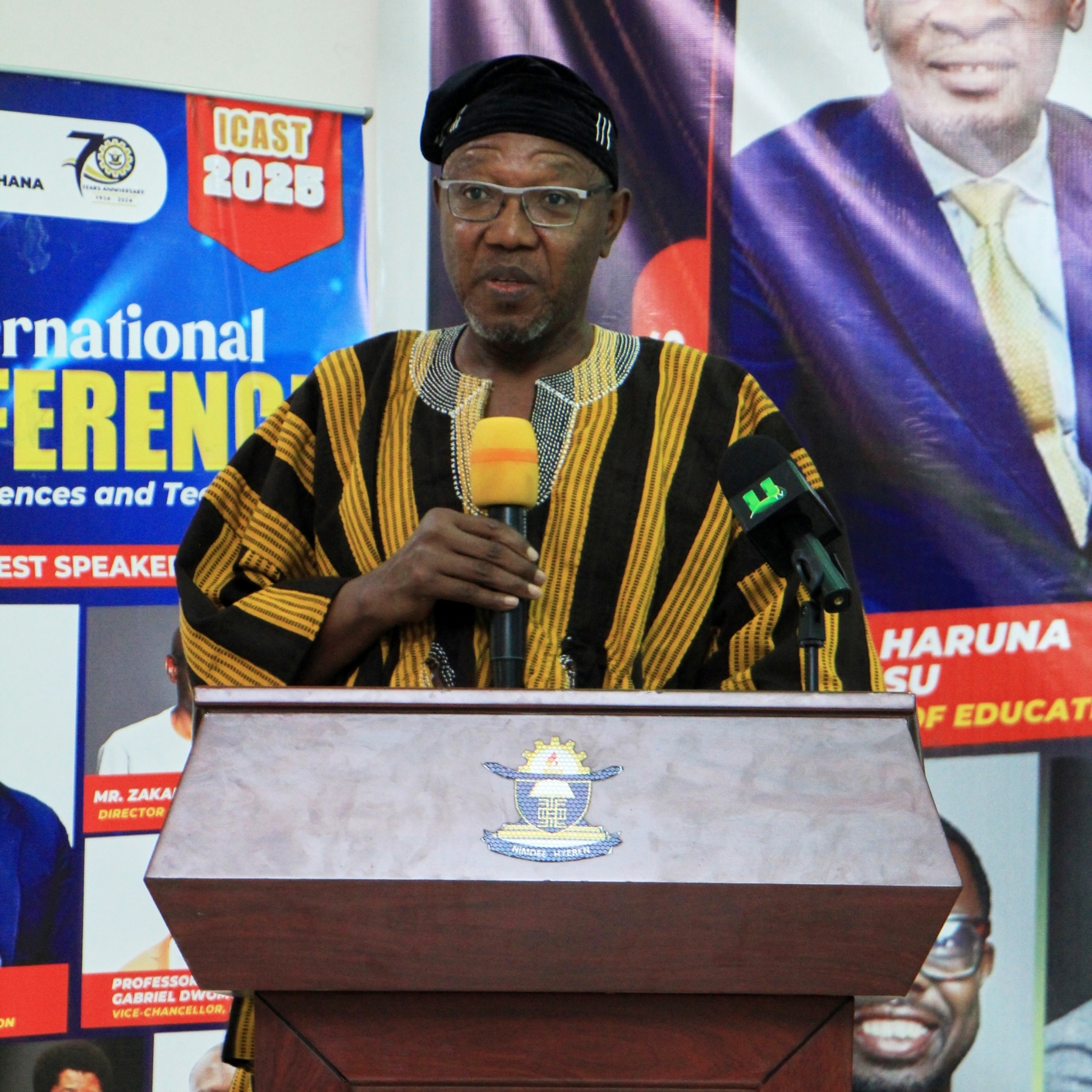
“We are committed to transforming Ghana’s educational landscape by positioning our research institutions, especially technical universities, as drivers of innovation and national progress,” Dr. Apak said. “This fund will be disbursed transparently and equitably to support groundbreaking research that improves livelihoods and informs public policy.”
He further challenged tertiary institutions to become more proactive in aligning their academic offerings with national development priorities, emphasising that “we must not only produce graduates but problem-solvers; not just degree holders but innovators.”
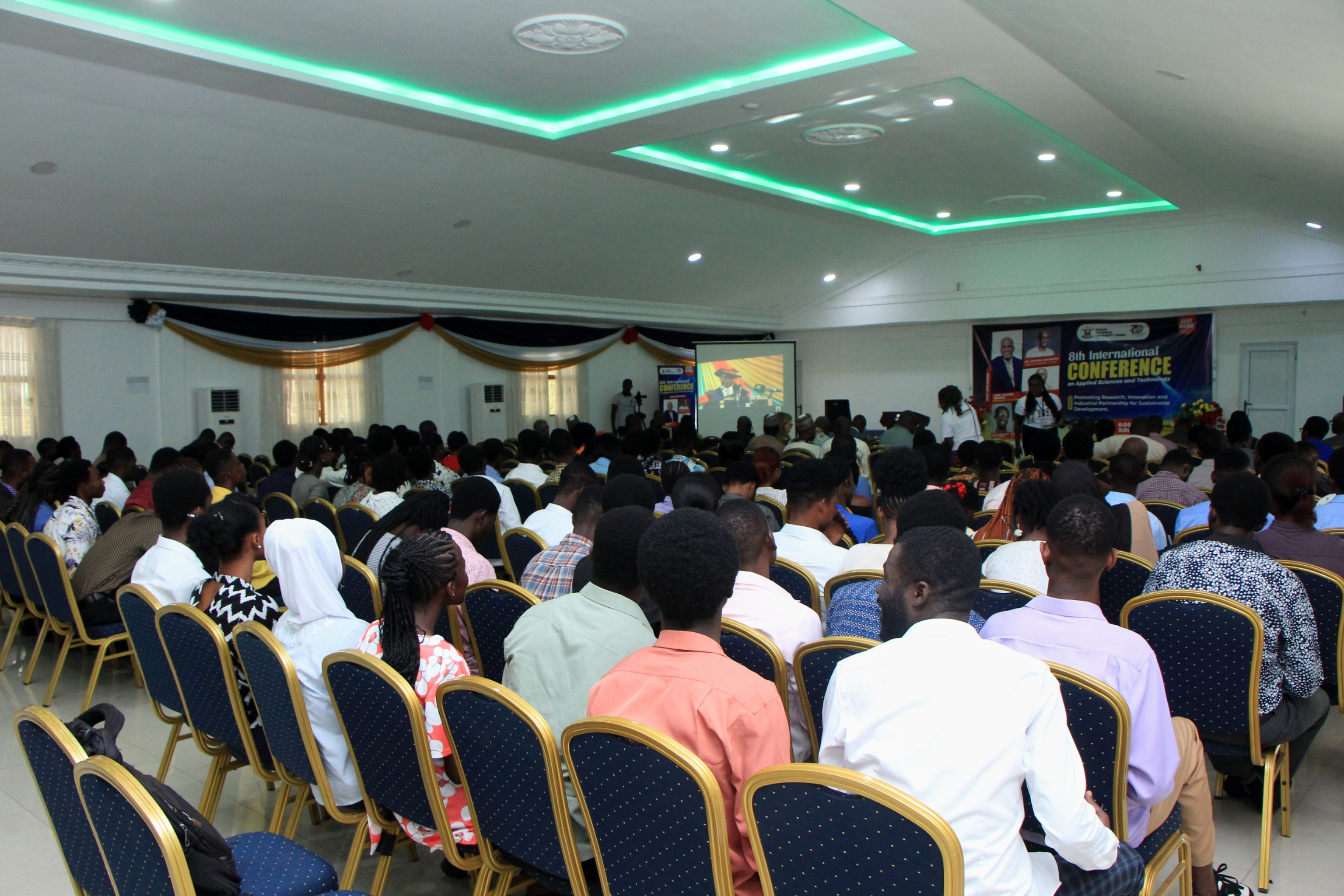
The conference featured an impressive roster of guest speakers and panelists who enriched the conversations with their diverse expertise and international experiences.
Prof. Clinton Aigbavboa of the University of Johannesburg, a globally respected figure in sustainable construction and digital transformation in infrastructure, shared insights from his work as Interim Chair of the DSI/NRF Research Chair in Sustainable Construction Management .
Prof. Ellis Owusu-Dabo, a renowned public health expert and former Pro Vice-Chancellor of KNUST, also spoke at the conference. Prof. Owusu-Dabo underscored the importance of inclusive, interdisciplinary research that responds to Africa’s pressing health challenges.
Also among the distinguished speakers was Prof. Imhotep Paul Alagidede, a prominent economist and financial expert from the University of the Witwatersrand in South Africa. He discussed the relevance of African-led research in shaping policy and economic direction in the Global South. His remarks called attention to the value of integrating indigenous knowledge systems with modern economic and financial models.
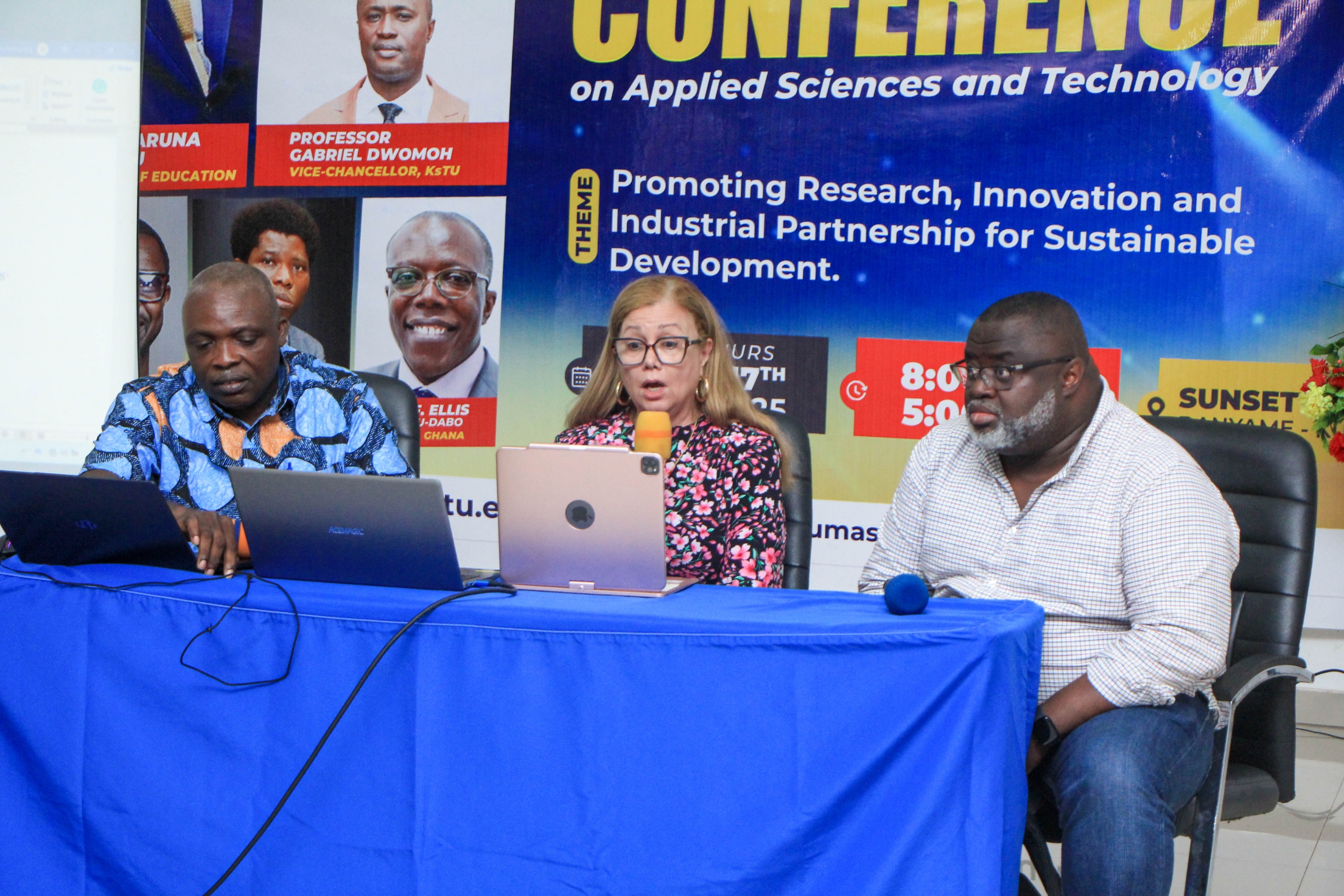
The event’s success was largely attributed to the dedication and planning of the Local Organising Committee led by Ing. Prof. Abena Obiri-Yeboah, Chairperson of the Committee and current Pro Vice-Chancellor of KsTU.
In her remarks, Prof. Obiri-Yeboah explained that the planning team worked tirelessly to ensure a seamless experience for both in-person and virtual participants. The overarching goal was to create a platform that fosters interaction and dialogue among scholars, policymakers, industry experts, and civil society.. She further stated that from the diversity of our speakers to the range of disciplines discussed in our parallel sessions, this year’s ICAST has exceeded expectations.
She also emphasised the committee’s focus on ensuring the Conference remained inclusive; engaging participants from all sectors of the economy, and offering space for emerging researchers and students to present their work.
With over 40 research presentations delivered across specialised sessions and extensive virtual participation, ICAST 2025 once again solidified Kumasi Technical University’s position as a thought leader in applied science and technology. The conference served as a catalyst for future collaborations, funding opportunities, and innovative problem-solving across sectors.
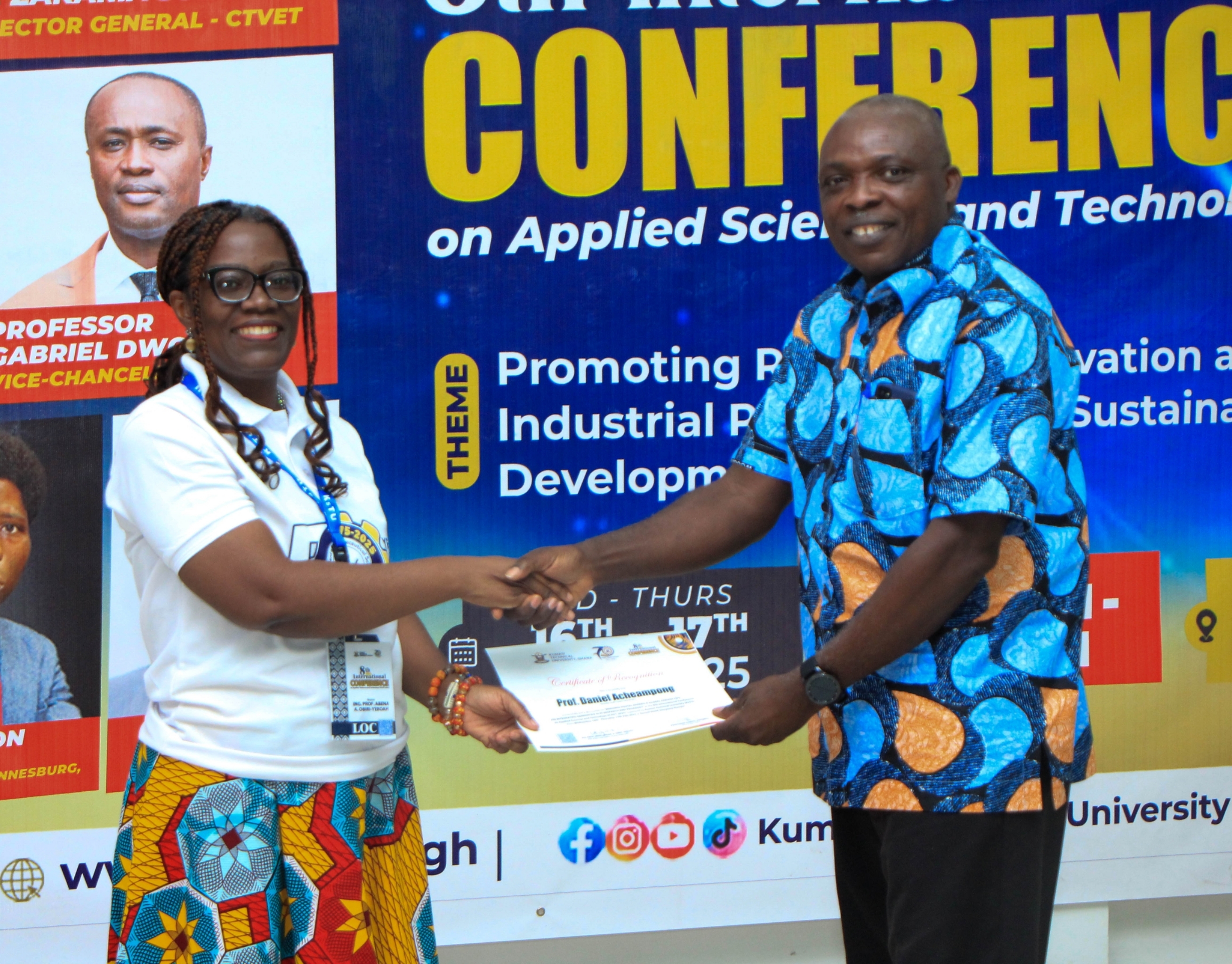
Participants left the conference energised, inspired, and committed to applying the lessons learned to their various fields. The consensus was clear: Research must not remain on paper it must transform lives.
ICAST 2025 stands as a testament to its enduring relevance and vision to drive development through technical and vocational excellence.

